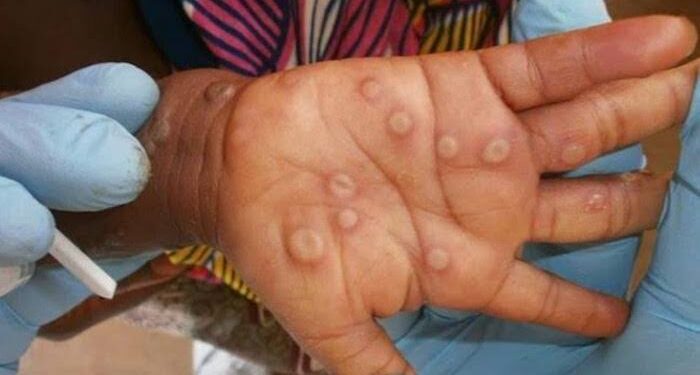In a devastating scene in the Democratic Republic of Congo, dozens of patients suffering from mpox lie on thin, dirty mattresses on the floor of a makeshift isolation ward in Kavumu, an eastern town overwhelmed by the outbreak. The hospital, woefully underprepared, struggles with severe drug shortages and a complete lack of space to handle the growing number of infected individuals.
Why It Matters
Welcome to ground zero of a health crisis the World Health Organization recently labeled a “global public health emergency.” Congo, seemingly caught off guard, now finds itself at the epicenter of a new mpox outbreak, with more than 900 patients flooding into the hospital over the past three months alone. While President Felix Tshisekedi has finally approved a measly $10 million to combat the outbreak, it appears that this money is just a drop in the ocean of what’s truly needed.
Inside the chaotic hospital grounds, where three large plastic tents have been hastily pitched on muddy earth without floor coverings, desperate health workers try to keep up. “We run out of medicine every day,” laments Dr. Musole Mulamba Muva, the overwhelmed head doctor. As donations from international organizations have dried up, the hospital has been left to fend for itself with dwindling resources and growing despair.

What They Are saying
The ward’s 135 patients, a mix of children and adults, are crammed into the makeshift space, suffering not only from the virus but from hunger as well. Family members, who usually bring meals in this underfunded public facility, have been banned to prevent the spread of infection. “We have nothing to eat,” says Nzigire Lukangira, a 32-year-old mother whose toddler is among the patients.
The head of the Congo’s mpox response team, Cris Kacita, has admitted to the shortcomings, acknowledging the severe lack of medicines and stressing the need for better distribution of donations, including a shipment of 115 tonnes of medicine from the World Bank. Yet, with vaccines still days away from arriving and the country’s health infrastructure stretched to its limits, traditional remedies are being employed in desperation. Mothers like Lukangira resort to using salty lemon juice and potassium bicarbonate to treat their children’s painful blisters.
Since the beginning of the year, 19,710 suspected cases of mpox have been reported in Congo, with 5,041 confirmed and 655 deaths by the end of August. And as the situation worsens, one can’t help but wonder why the Congolese government wasn’t better prepared, given the known risks.
The country is in a dire situation, and while officials have identified high-risk contacts and priority areas for the initial vaccine rollout, the question remains, Will the vaccines arrive in time, or will more lives be needlessly lost as Congo continues to drag its feet in this public health emergency?

















